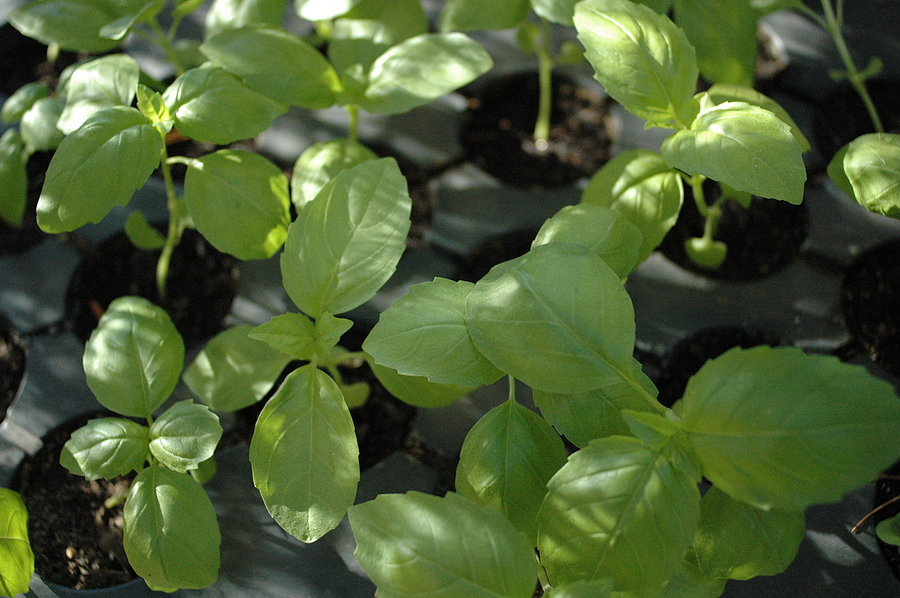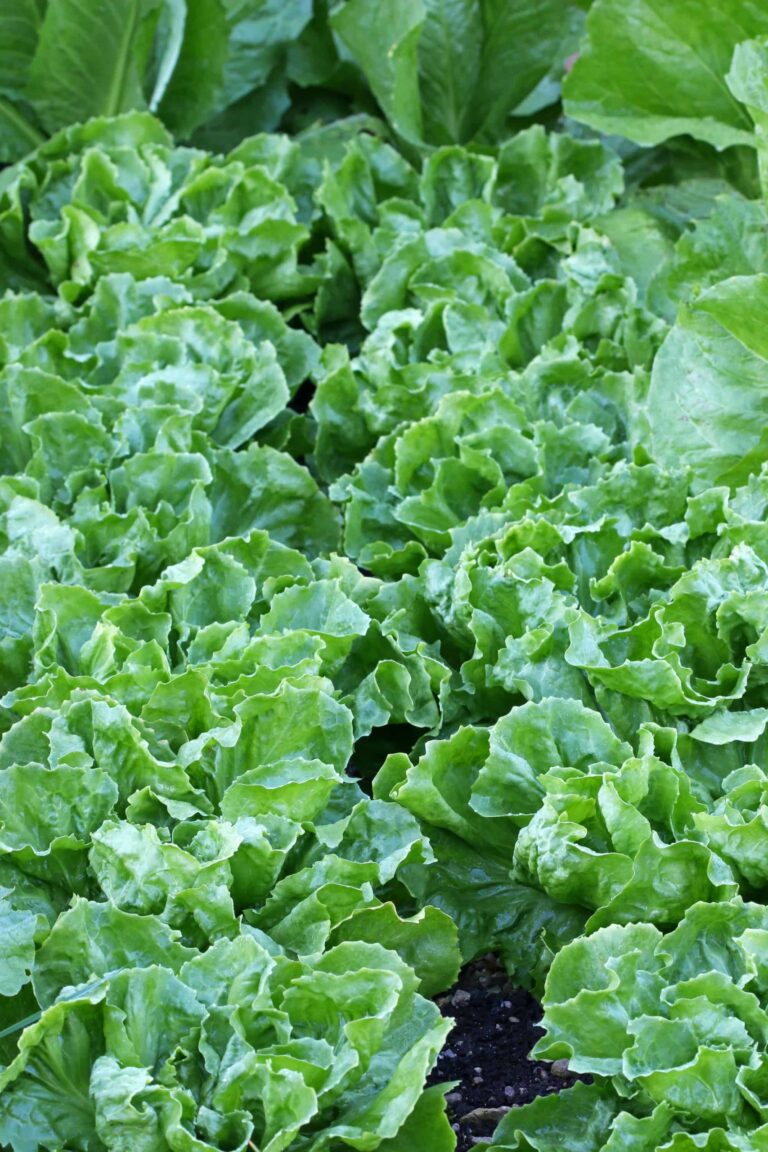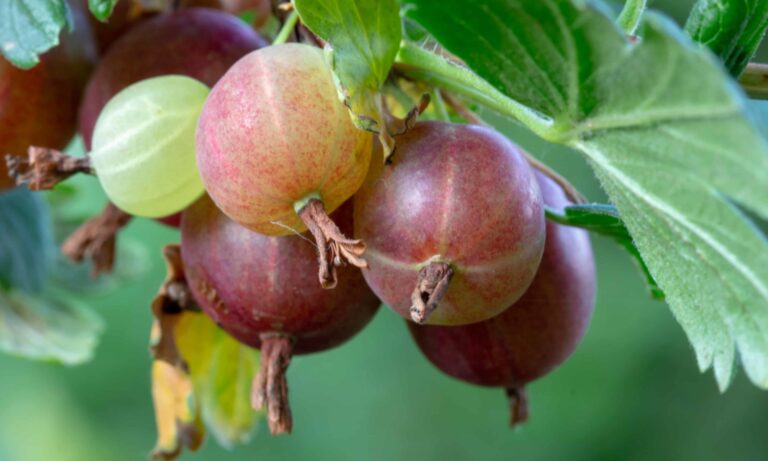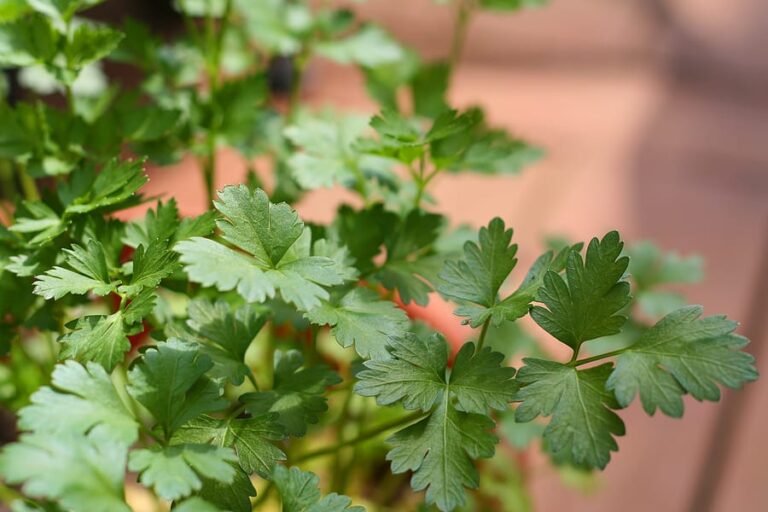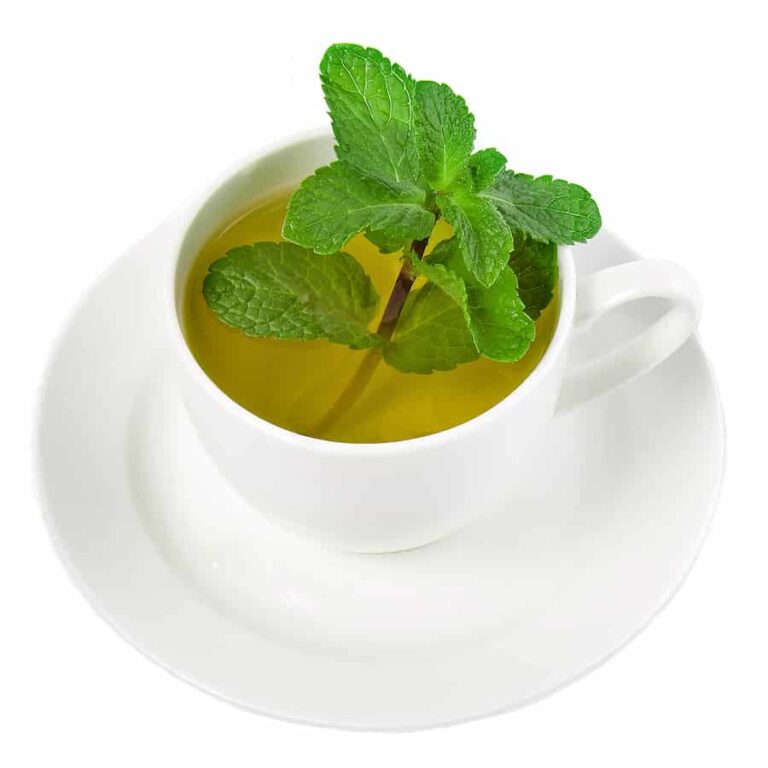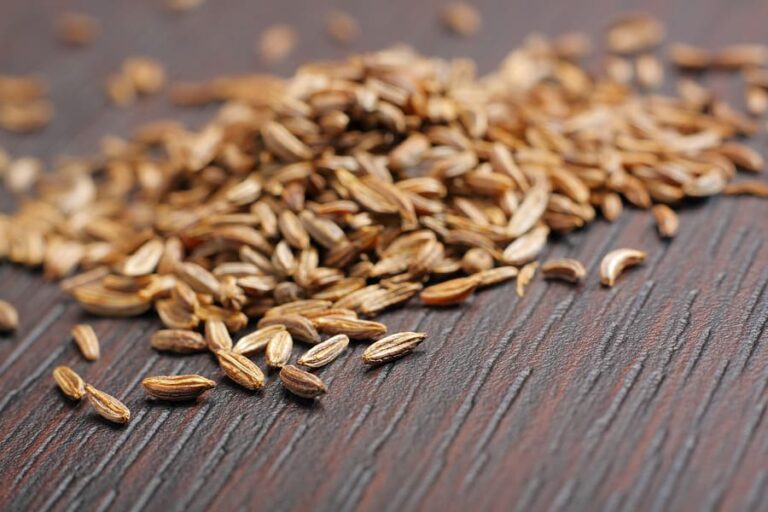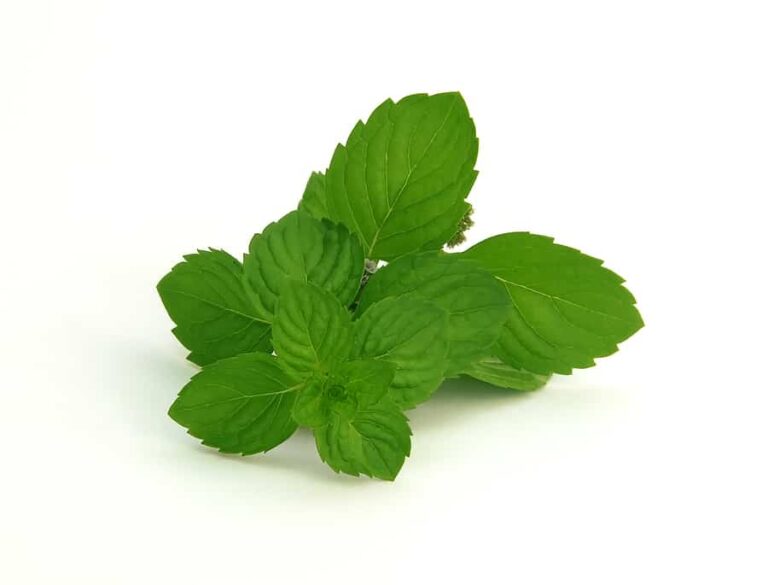Planting Basil for a Flavorful Harvest: When, Where, and How to Get It Right
The key to vibrant, flavorful basil starts with planting it right. From choosing the best location to understanding soil needs and timing, here’s how to give your basil the healthiest start. Here’s what I’ve learned after 30 years of growing basil .
🌞 Where to Plant Basil
Basil thrives in full sun—aim for 6 to 8 hours of sunlight daily. While it can handle a bit of light shade, anything less than 4 hours of direct sun will result in leggy growth and muted flavor. If you’re gardening indoors, place basil near a south-facing window or use a grow light for optimal results.
🪴 My Tip:
In my Sonoma Valley garden, I grow basil in mounded beds with compost-enriched sandy loam. For indoor growing, I use 6–8 inch deep terra cotta pots in the kitchen window.
🌱 Soil Preparation for Basil
Well-drained, moisture-retentive sandy loam is ideal. Avoid soil that is too rich in nitrogen—this encourages leafy growth at the expense of basil’s essential oils, which are what give it flavor and fragrance.
- Soil pH: Aim for 5.5 to 7.5
- Drainage: Essential—soggy soil promotes disease
- Organic matter: Moderate levels (not excessive)
👨🌾 My Insight:
Basil in overly rich compost tends to look lush but lacks strong aroma. I mix aged compost with sandy soil and avoid overfeeding.
📆 When to Plant Basil
Basil is cold-sensitive. The best time to plant depends on your climate, but in general:
- Start seeds indoors: 6 weeks before your last frost date
- Transplant outdoors: 2 to 4 weeks after the last frost, once nights are consistently above 55°F
- Direct sow: Only when soil is consistently 70°F or warmer
Basil seeds germinate in 7 to 10 days at 70°F. Purple varieties may need slightly warmer soil.
🔁 Succession Planting:
Sow or transplant basil every 2–3 weeks to ensure a steady supply all summer.
🌿 How to Plant Basil
- Sow seeds ⅛ to ¼ inch deep; cover lightly with soil.
- Transplant spacing:
- Standard varieties: 12–18 inches apart
- Small-leaf varieties: 6–12 inches apart
- Row spacing: 18–24 inches
📊 How Much Basil to Plant:
- 4–6 plants: For basic kitchen use
- 6–12 plants: If you love pesto
- 8–12 plants: For drying or freezing
🌻 Companion Planting with Basil
Basil pairs beautifully with tomatoes and peppers. Not only does it enhance their growth, but its aroma repels garden pests like mosquitoes and aphids.
🧑🌾 My Practice:
I plant basil around the edges of tomato beds—it keeps whiteflies at bay and improves tomato flavor, especially heirloom types like ‘Brandywine.’
🌬️ Final Tips for Success
- Raised or mounded beds improve drainage and warm faster in spring.
- Avoid frost exposure—even a light chill will blacken basil leaves.
- Watch the weather—cold nights will set basil back, even in late spring.
If you plant basil with care from the start, you’ll be rewarded with continuous, fragrant harvests that elevate everything from pasta sauces to fresh garden salads.
🌿 Start Here: How to Grow, Harvest, and Use Basil: Complete Guide
🌿 Growing and Care
- Planting Basil for a Flavorful Harvest: When, Where, and How to Get It Right
- How to Grow Basil in Pots Indoors and Out: A Gardener’s Guide
- Propagating Basil Made Easy: Grow from Seed or Cuttings
- How to Water, Feed, and Care for Basil: A Gardener’s Year-Round Guide
- How to Prune Basil for Maximum Growth and Flavor: Expert Tips
- Basil Growing and Harvesting: Expert Tips and Techniques
- Common Basil Pests and Diseases—and How I Keep Them Out of the Garden
🌿 Harvesting and Preservation
- How and When to Harvest Basil for Maximum Flavor (Tips from an Experienced Gardener)
- Preserving Basil: Easy Ways to Keep It Fresh, Frozen, or Dried
🍴 Culinary Use
- 25 Delicious Ways to Use Basil in the Kitchen (With Tips from a Gardener-Cook)
- How to Make Classic Basil Pesto
- Basil and Tomato Soup
- Ways to Serve Sweet Basil
🌿 Varieties and Background

